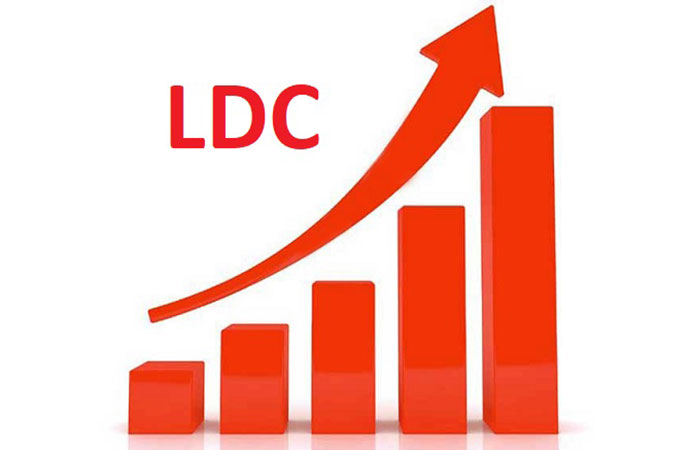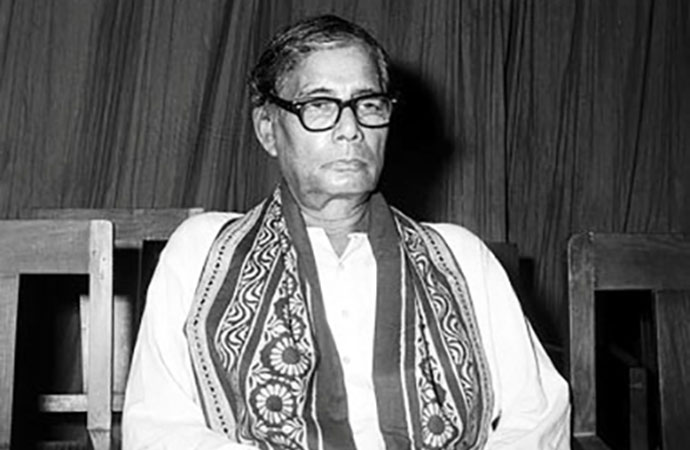Featured 1

Image: Collected
We cannot in good conscience support the belated, and almost suspiciously opportunist move to try and defer Bangladesh's graduation from the LDC club - a surprising and wholly uncalled for campaign within a section of the business community. It makes a tasteless play at trying to hold on to the benefits that accrue to the Least Developed Countries as a group. Be it preferential trade conditions, the safety in numbers it provides by often unifying these countries' voices in international negotiations, or the most direct benefits in the form of aid or Official Development Assistance (ODA), the supposed image-related gains are too intangible, so the argument goes, to give up the real world perks.
The exemption from TRIPS has helped our pharmaceutical industry to thrive. EBA, or Everything But Arms, allows our industries to export to the countries of the EU at preferential tariff rates. We've seen the LDCs group together at the annual Climate Change conferences organised by the UN. And a portion certainly, although not all, of the international aid we receive each year does accrue thanks to donor countries' commitments to spend on aid to the world's poorest.
Bangladesh has always been happy to accept the generosity of the donor community, yet we can still recall the legendary Saifur Rahman's lament at having to show up at the meetings of the so-called Paris Club with the perception of a begging bowl. There was a time when Bangladesh could be said to have been to an extent dependent on foreign aid, and that would have meant adherence to certain policy prescriptions that the donor community presented. At times it would understandably grate on that proud son of Sylhet, who as finance minister probably attended more of these meetings than anyone else. And it was under him that for the first time a national conversation started around the pros and cons of grouping with the LDCs, upon his return from a particularly testy edition of the annual conference at Paris in 2005.
That thread was then picked up by the other son of Sylhet, Abdul Muhith, and it was under him that the vision to eventually leave the LDCs took concrete shape. And by 'leave' it was understood of course, that the way to do it would be through 'graduation'. You can't just walk off in a huff. For a long time, Botswana had been the only LDC graduate. But in the last decade or so we have seen even Maldives and Bhutan do it. But the process was initiated, and by 2021, the UN, which acts as a sort of coordinating agency for the entire group, had given its imprimatur, setting a date for Bangladesh's graduation in 2024. As is well known by now, we ticked every box. Later a two-year deferment was availed on grounds of the damage inflicted by COVID-19.
Possibly to take advantage of the post-July Uprising sentiment in the country, there is an effort now to paint LDC graduation as a political project of the Awami League. But this is far from the case. Rather it is a recognition of how far we've come as a country based on the collective efforts of not just a family or a political party, but of all the 180 million Bangladeshis alive today, and all who have passed on as well.

























Leave a Comment
Recent Posts
Religion and Politics: A Toxic ...
At Dhaka University, cafeteria workers have been told not to wear shor ...
Enayetullah Khan joins AsiaNet ...
AsiaNet’s annual board meeting and forum was held in Singapore, ...
In a New York minute
Many leaders back a UN call to address challenges to ..
Defaulted loans at Non-Bank Financial Institutions ( ..
How the late Zubeen Garg embodied cultural affinitie ..